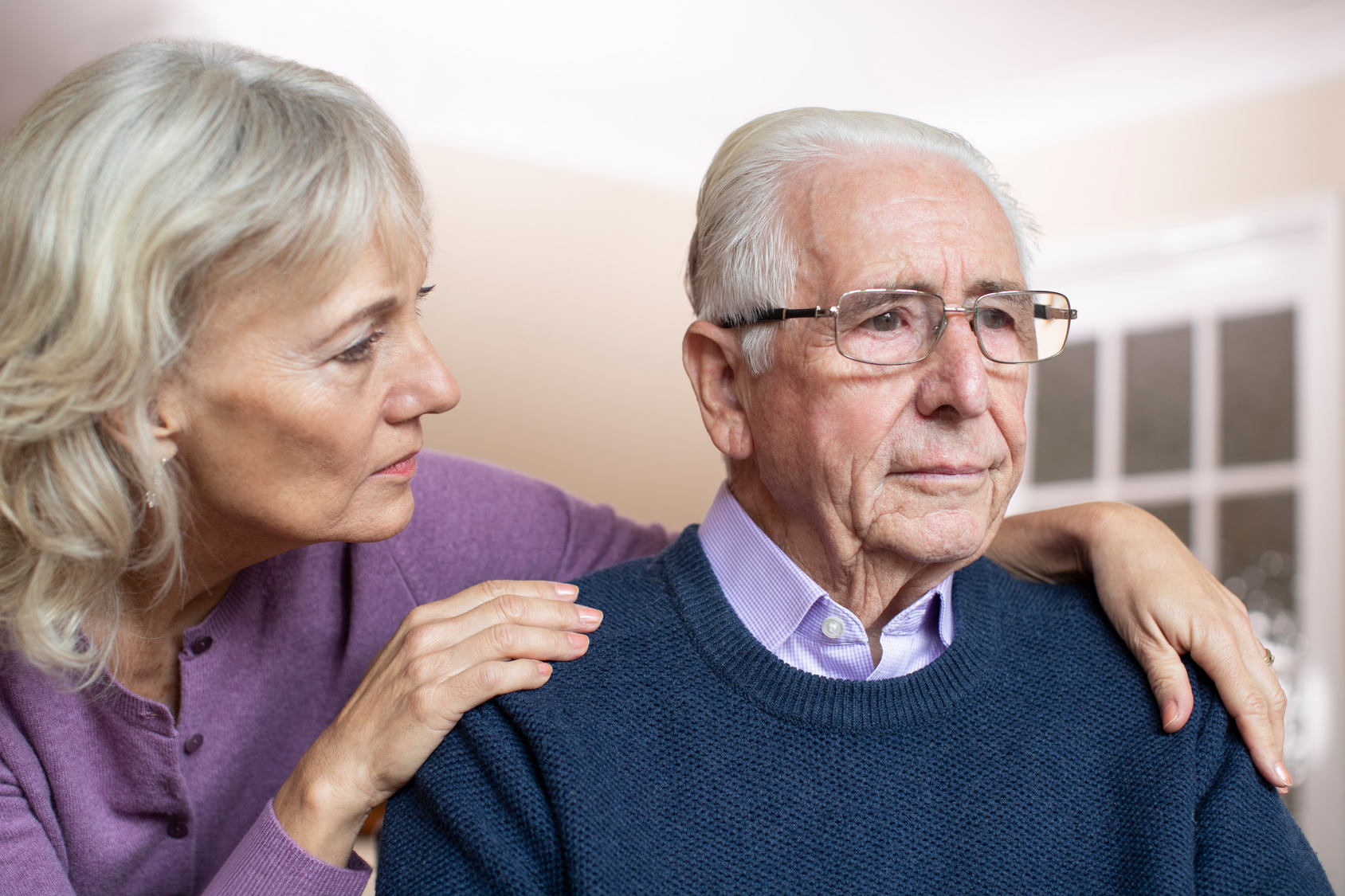Medical Alert Systems for seniors provide peace of mind and the ability to quickly call for help in case of falls or other health emergencies. https://maps.app.goo.gl/ot7rsuTHh17JKFrE6 Also known as personal emergency response systems (PERS) or medical alert devices (MERS), these devices often take the form of pendants or bracelets with buttons for pressing when in need. A signal is then sent directly to a 24-hour call center that evaluates and contacts emergency services if required; devices range from basic fall detection capabilities all the way up to GPS tracking features - with packages tailored specifically to individual needs and budgets being available as options!
Emergency alert systems for seniors can be invaluable, yet their costs can add up quickly. A typical plan will typically run between $20-30 monthly. Medicare beneficiaries may qualify for Home and Community-Based Services (HCBS), which offers medical alert systems free or at a reduced price; eligibility depends on income levels.
Some private and Medicare Advantage plans cover medical alert systems. To find out if their policy covers this service, reach out to their insurer or review their summary of benefits and coverage (SBC) document or evidence of coverage document. In addition, medical alert systems are sometimes included as part of long-term care plans; check with them regularly as the details can change over time.
Most survey respondents who currently own medical alert systems report being persuaded to purchase one by friends and family rather than health care professionals, rather than doctors themselves. Even so, buying such devices may not always be straightforward - for many families purchasing medical alert systems is an investment in both their loved one's independence and home safety.
According to a new AARP report, nearly 41% of seniors feel isolated and wish they knew their neighbors better. AARP offers resources and information for older adults looking for companionship and connection.
AARP's 2018 Eldercare Report revealed that 58% of seniors living alone said they would consider investing in a medical alert system as an aid for keeping themselves and loved ones safe at home. It provides tips for selecting an effective system and ways to lower monthly costs for them.
Amazon Alexa or Google Home serve as in-home assistants that connect seniors with relatives or friends for assistance, but medical alert systems connect seniors with a call center where a professional is always ready to provide help 24/7. Some systems even feature GPS so emergency responders know where you are in case of an accident or loss of consciousness; plus they work well when combined with other home safety and wellness tools like smoke/carbon monoxide detectors.
img width="399" src=" ">
">
![[PukiWiki] [PukiWiki]](image/pukiwiki.png)
